 Sumner Plumbers
Sumner Plumbers
 Sumner Plumbers
Sumner Plumbers
Sewer Backups is a critical plumbing service addressing wastewater overflow caused by blockages, pipe damage, or system overload. The service involves removing blockages, performing video inspections, and repairing or replacing damaged sections of the sewer line. Prompt attention avoids structural issues, environmental contamination, and health risks associated with sewage exposure
We provide top-quality Plumbing services throughout Dawson County. Whether you need help with Sewer Backups or other issues, our Team is ready.
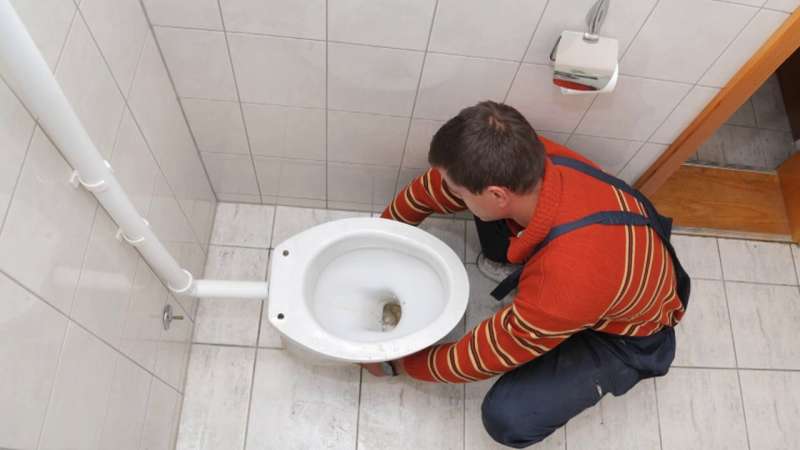
Installing dishwashing machines, water heaters (tank and tankless), garbage disposals, and washing machines.
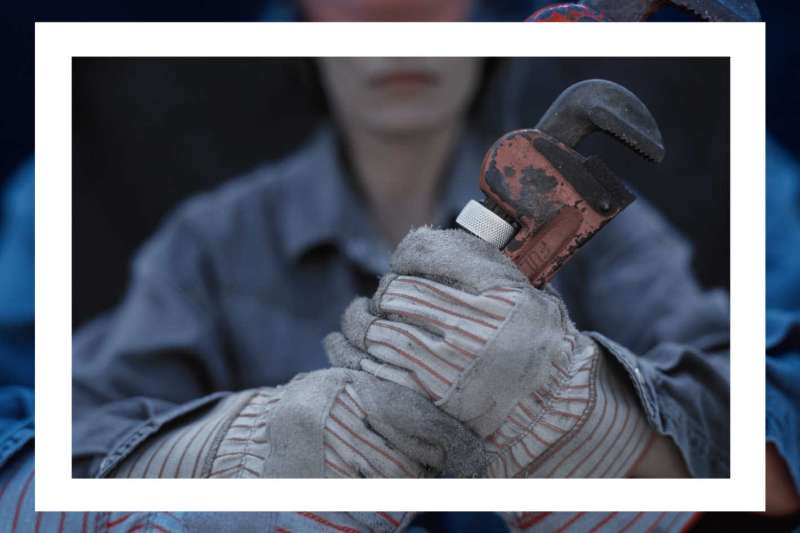
Ensuring backflow prevention gadgets are working correctly.
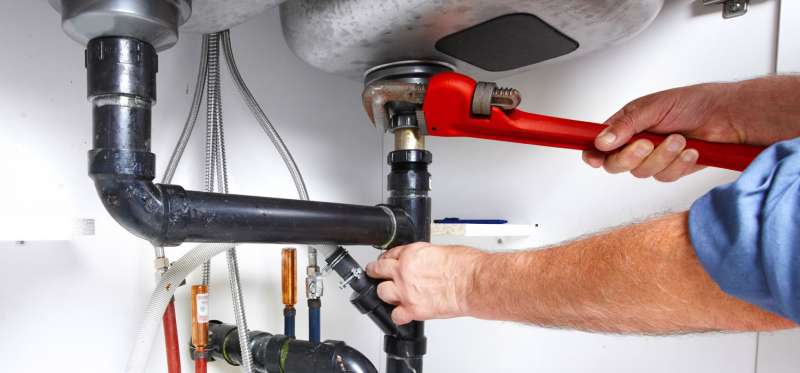
Relocating or upgrading plumbing systems.
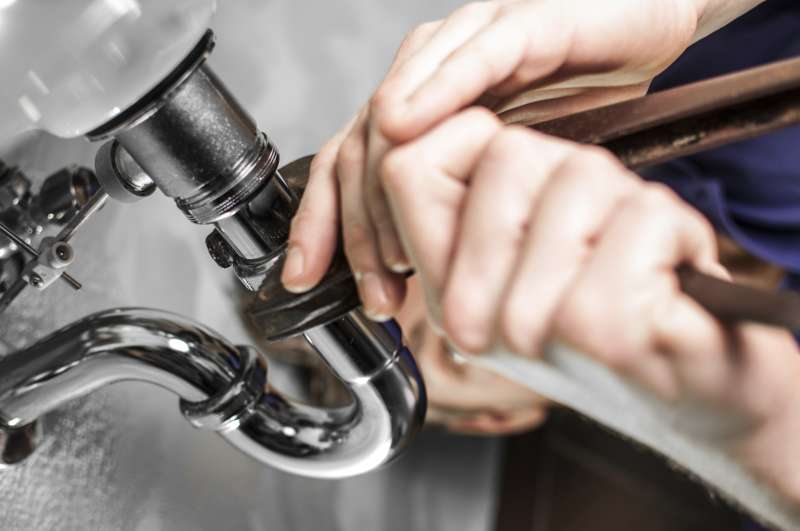
Guaranteeing plumbing systems meet local guidelines.
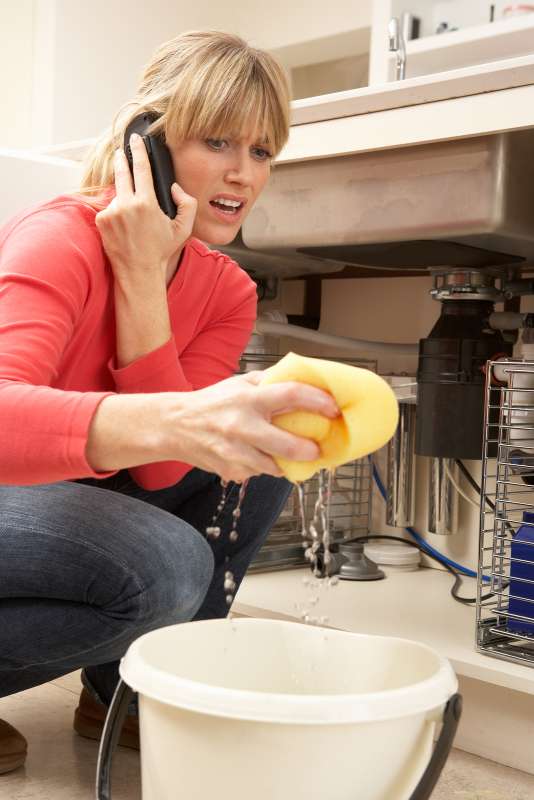
Immediate action to prevent flooding and water damage.

Clearing blockages in sinks, toilets, showers, and drain lines.
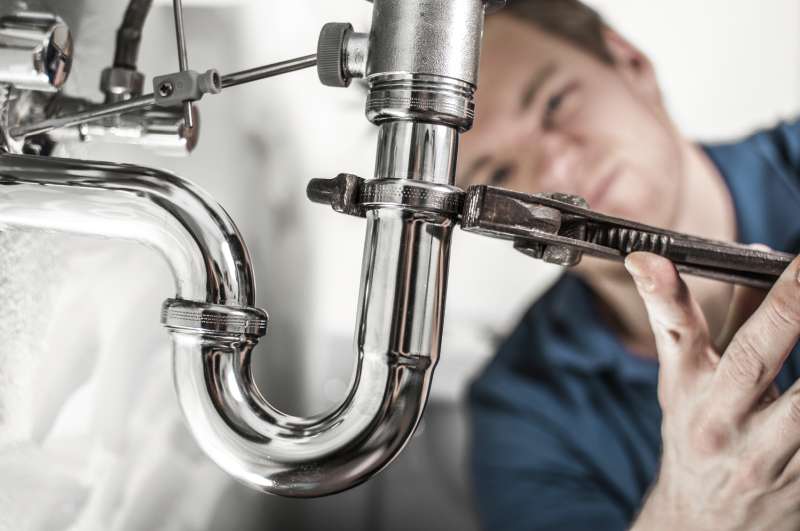
Routine cleansing to prevent clogs and preserve circulation.
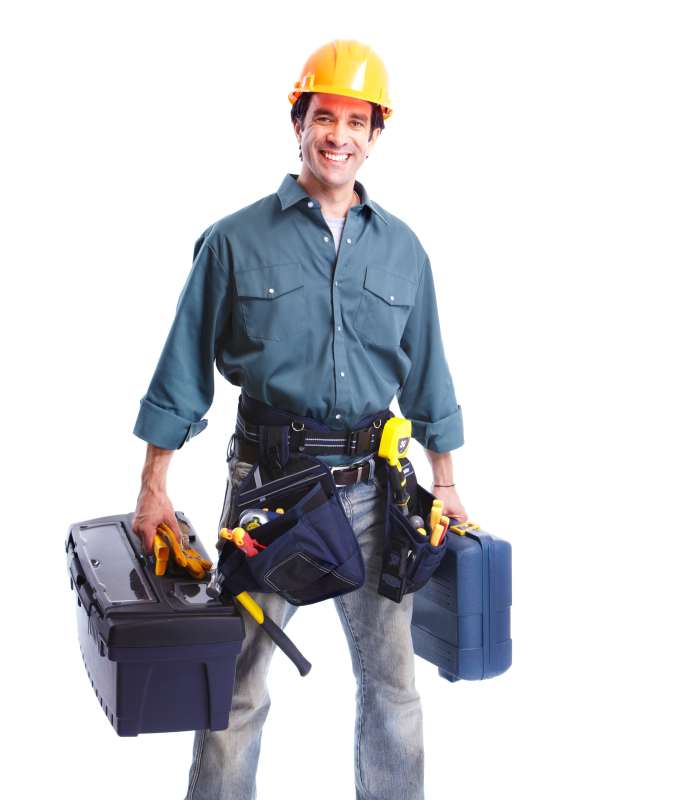
Repairing malfunctioning faucets, toilets, and other components.
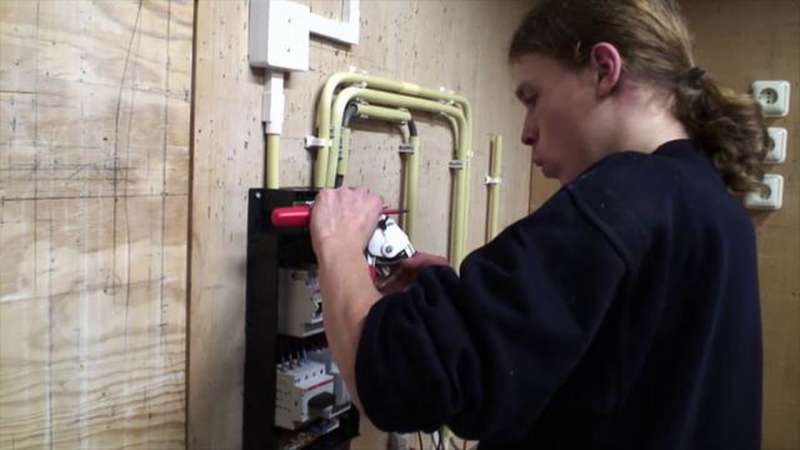
Installation of sinks, faucets, toilets, bath tubs, and showers.
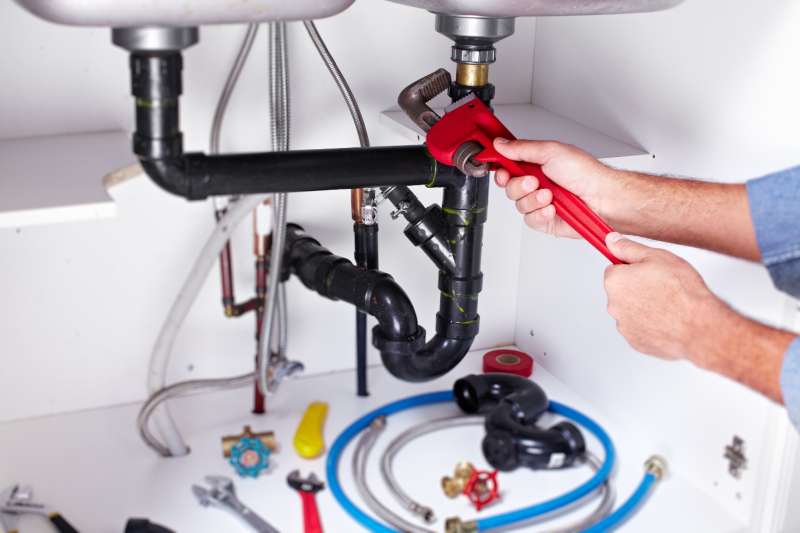
Emergency detection and repair to prevent threats.
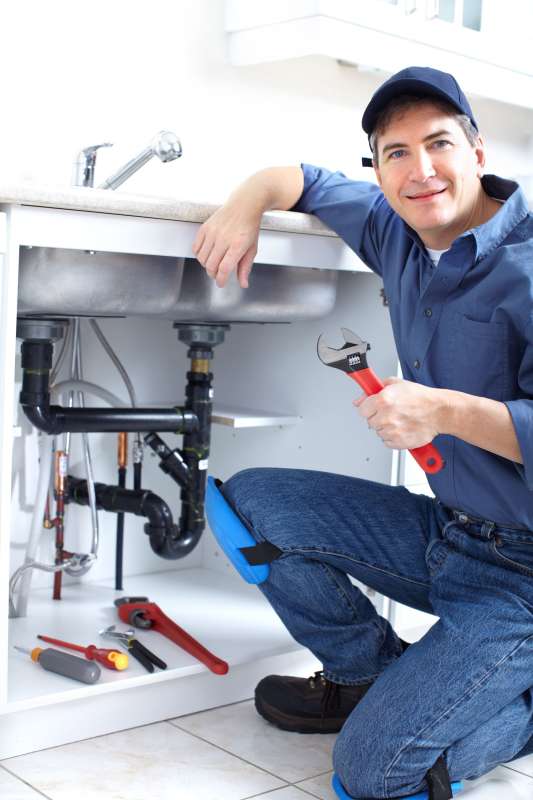
Fixing gas leakages and ensuring appropriate gas line operating.
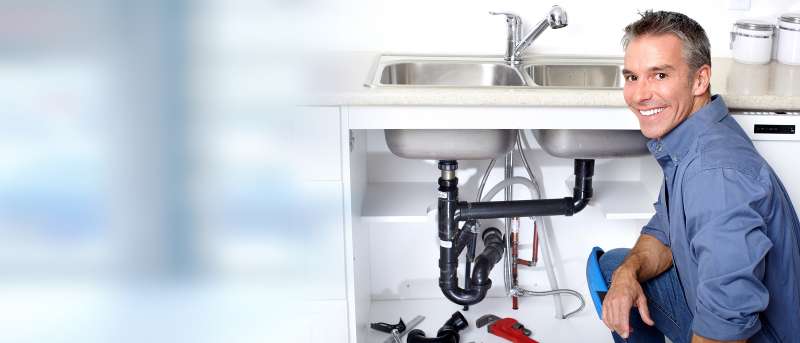
Setting up systems for recycling household wastewater.
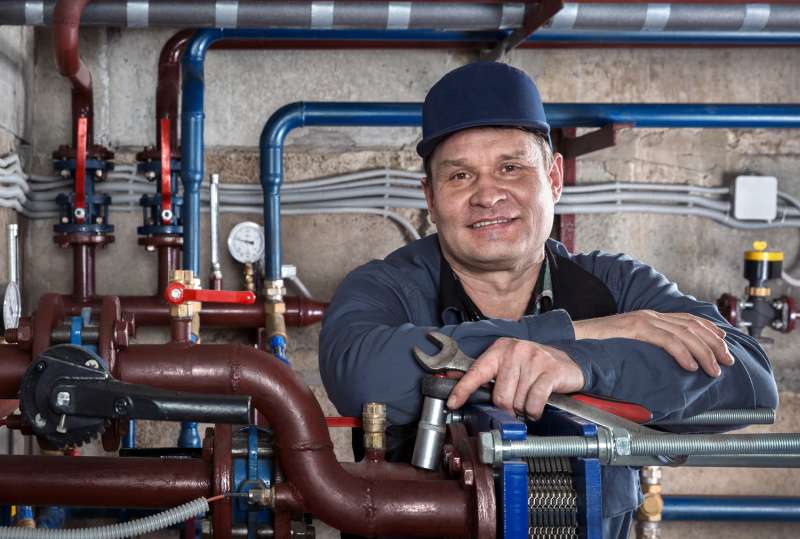
Setting up and maintaining radiant flooring heating systems.
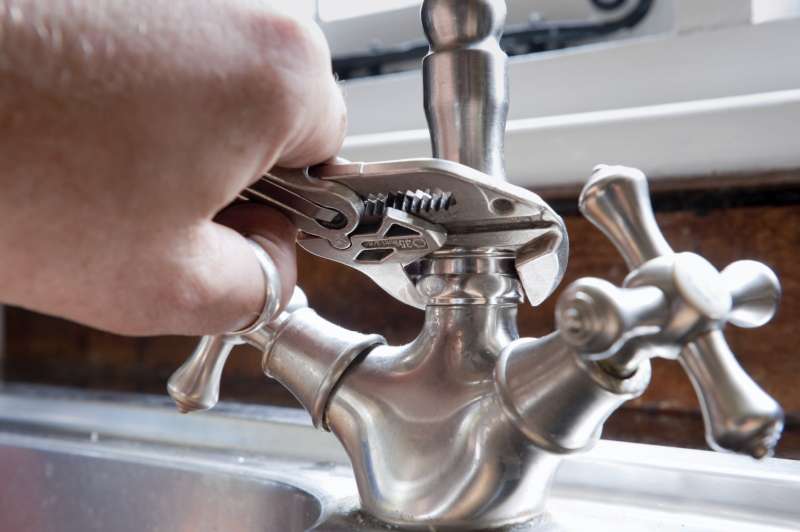
Specialized piping for factories or commercial settings.
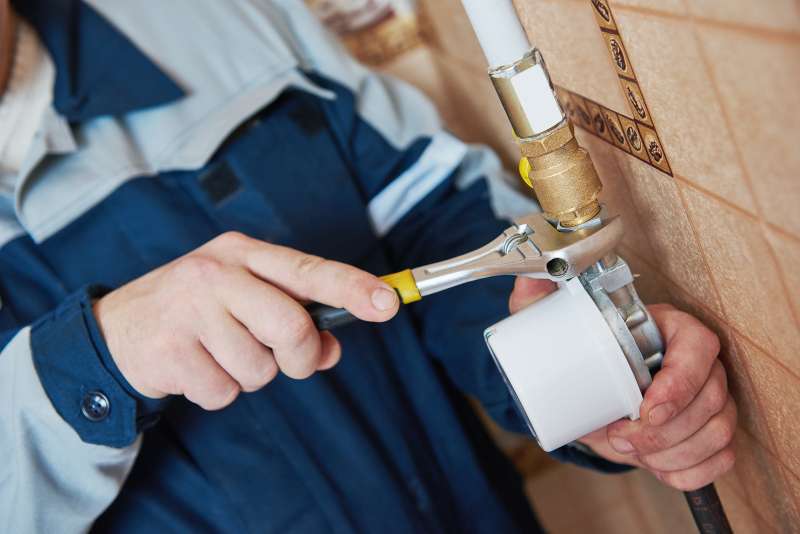
Installing and preserving outside watering.
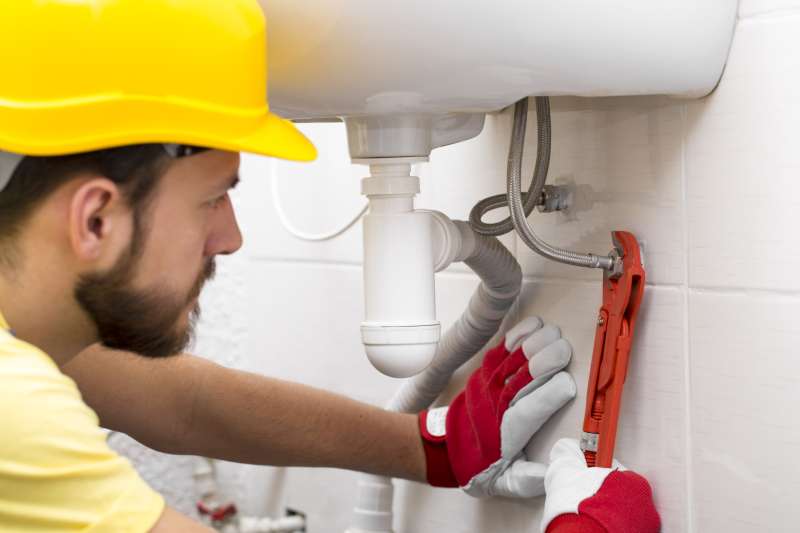
Plumbing systems for brand-new structures or remodellings.
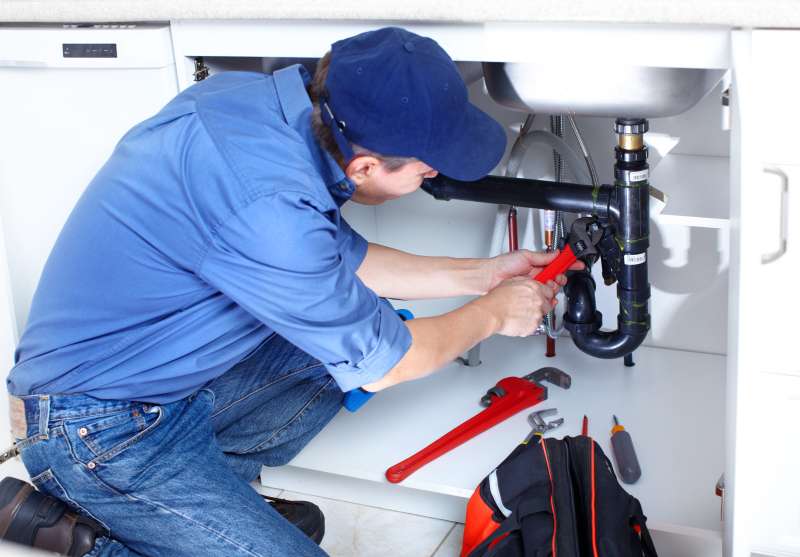
Repairing leaks in pipes, faucets, toilets, and home appliances.
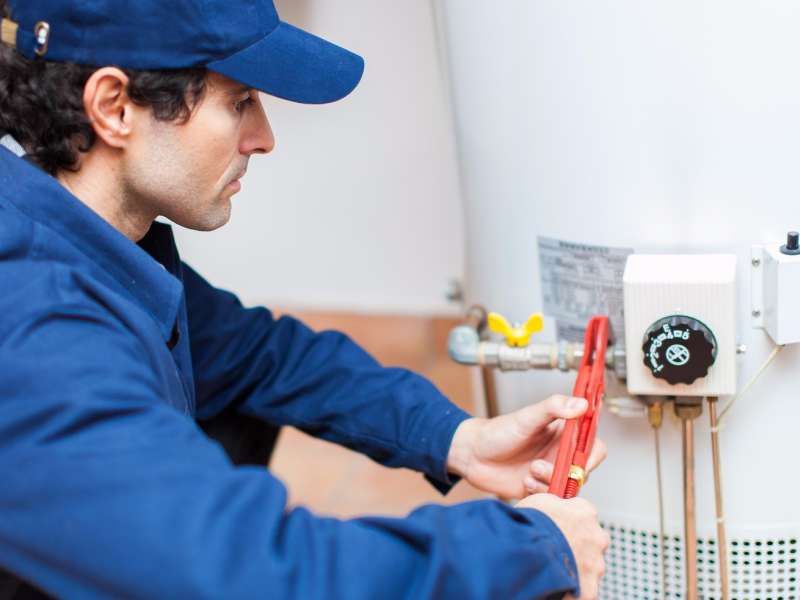
Quick resolution of severe clogs and overflows.
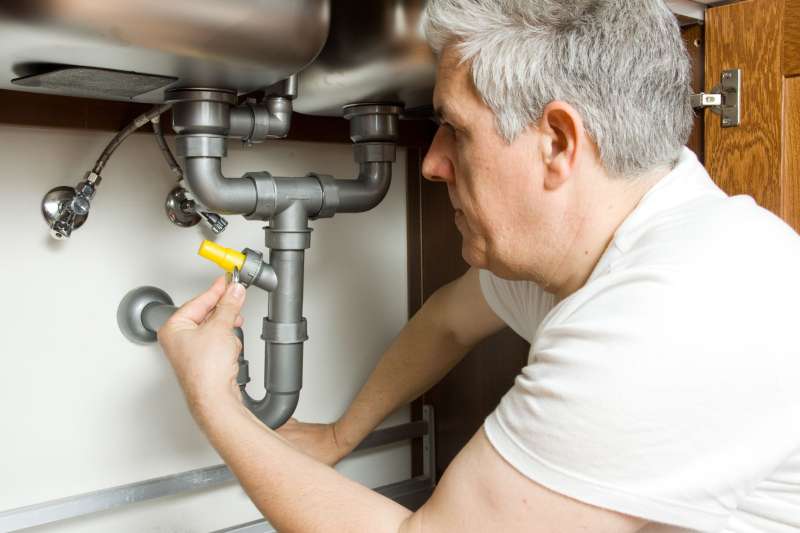
Utilizing cameras to check pipes for damage or blockages.
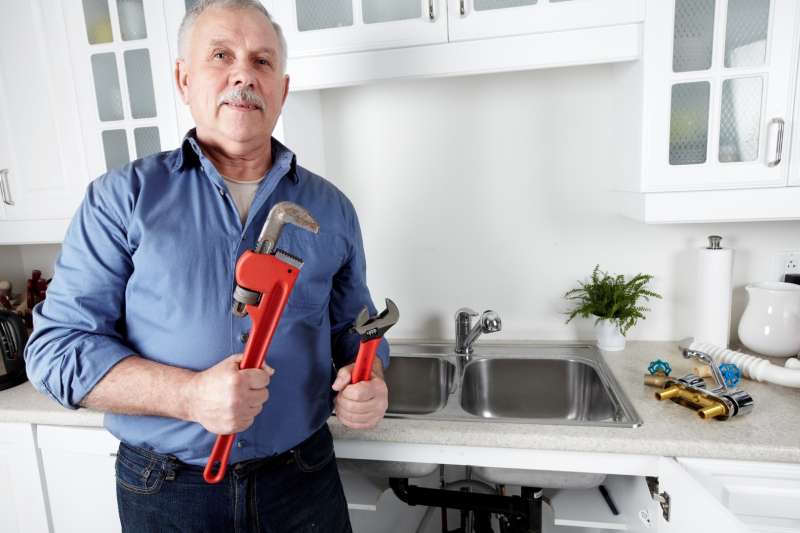
Fixing or changing burst, worn away, or damaged pipelines.
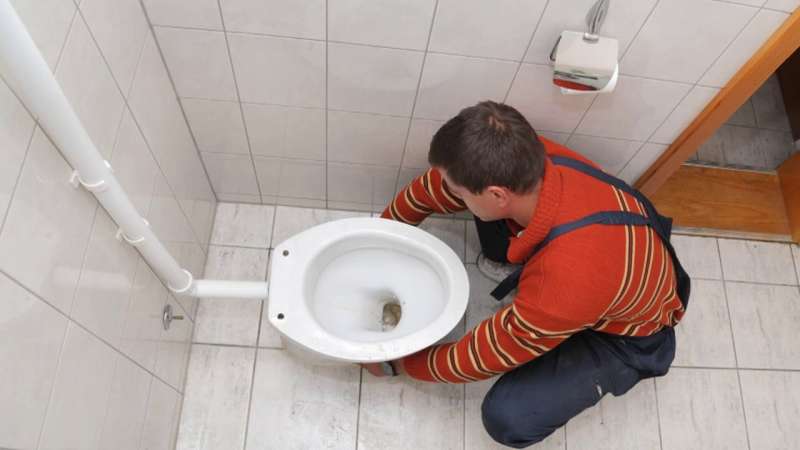
Setting up new piping systems for water, gas, and drainage.
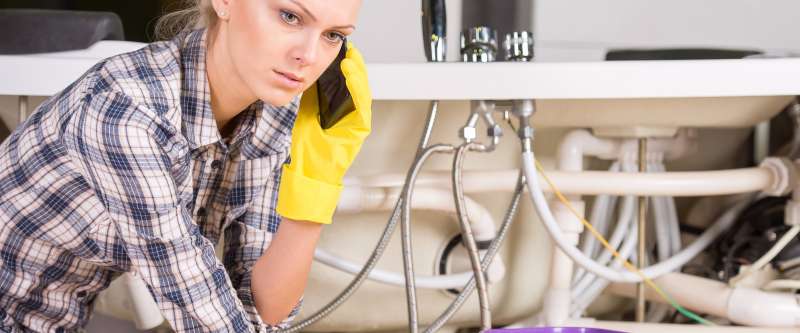
Evaluating plumbing systems before buying residential or commercial property.
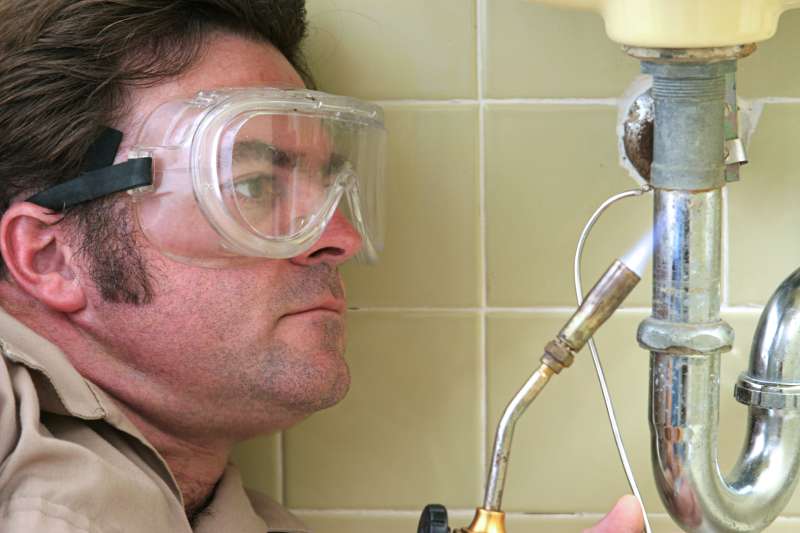
Setting up systems to gather and use rainwater.
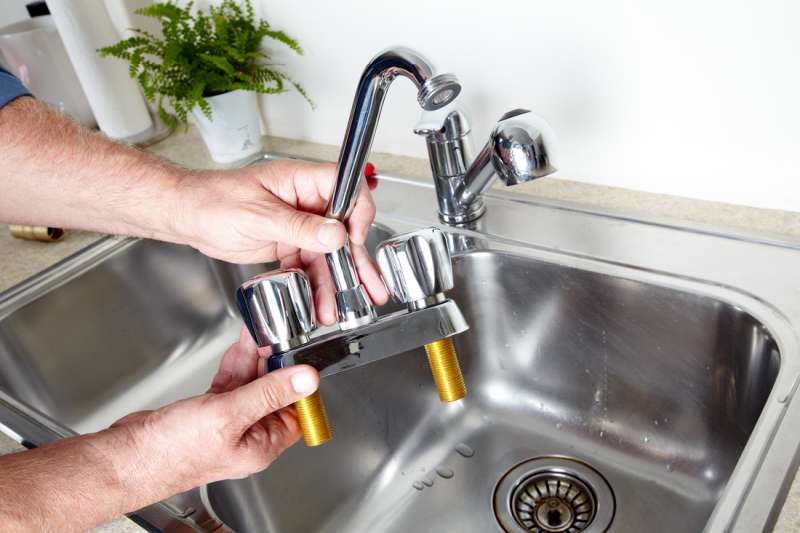
Continuous upkeep services for services.
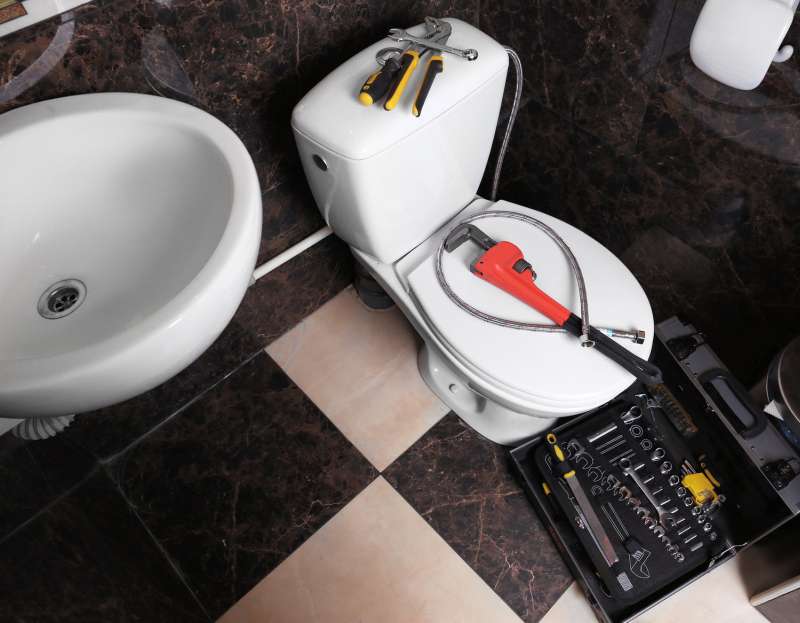
Setting up, repairing, and maintaining sewage-disposal tanks.
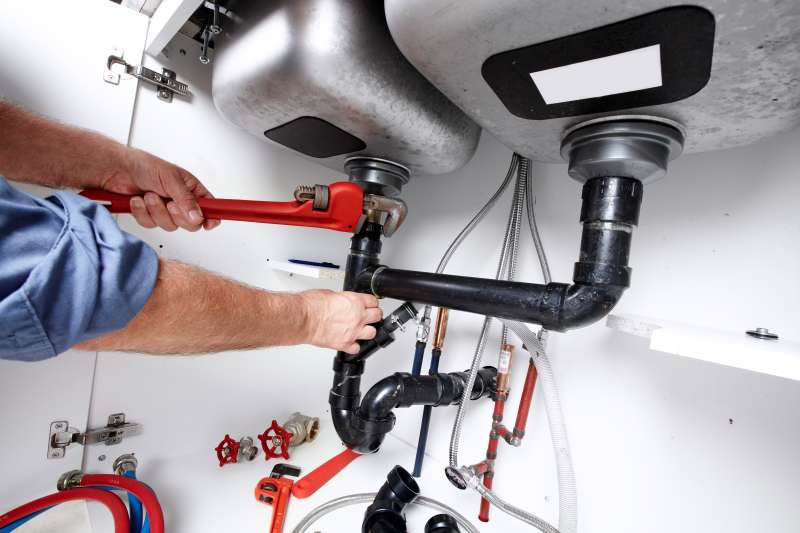
Managing groundwater in basements.
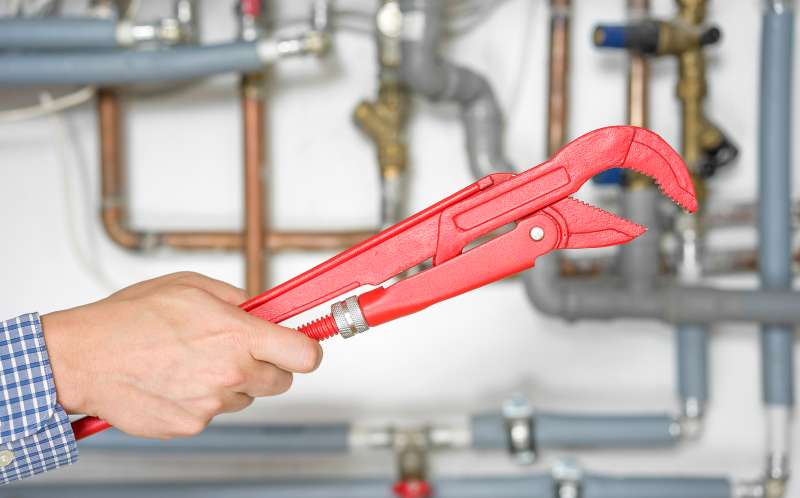
Installing water-efficient or modern-day fixtures.
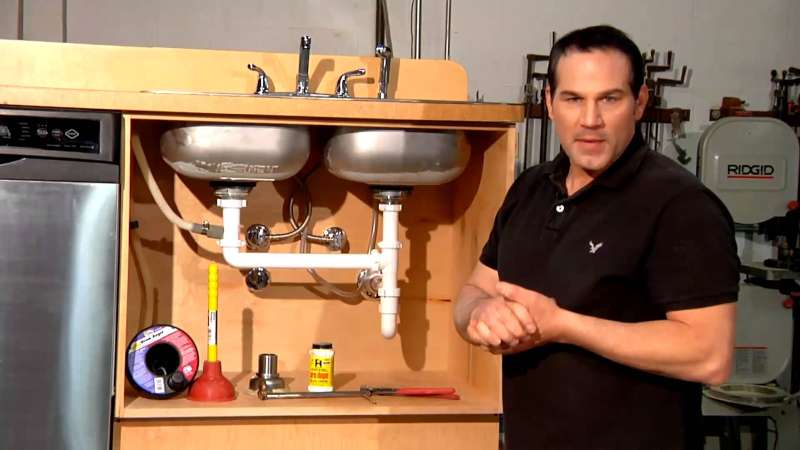
Encouraging on water-saving methods and products.
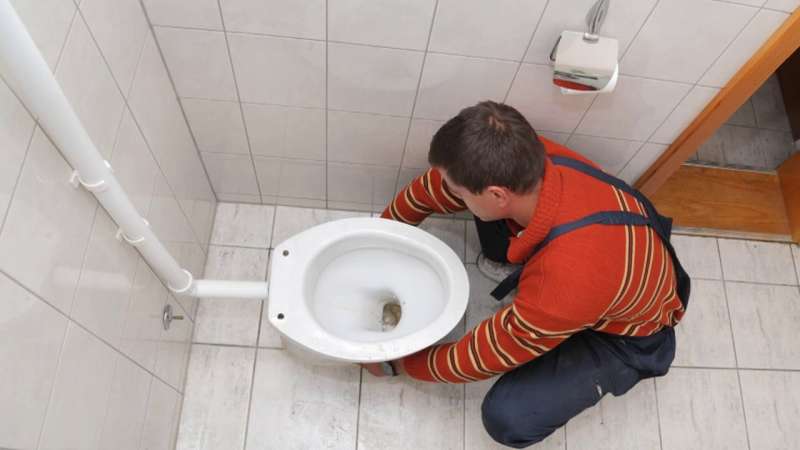
Installing water softeners and filtration systems.
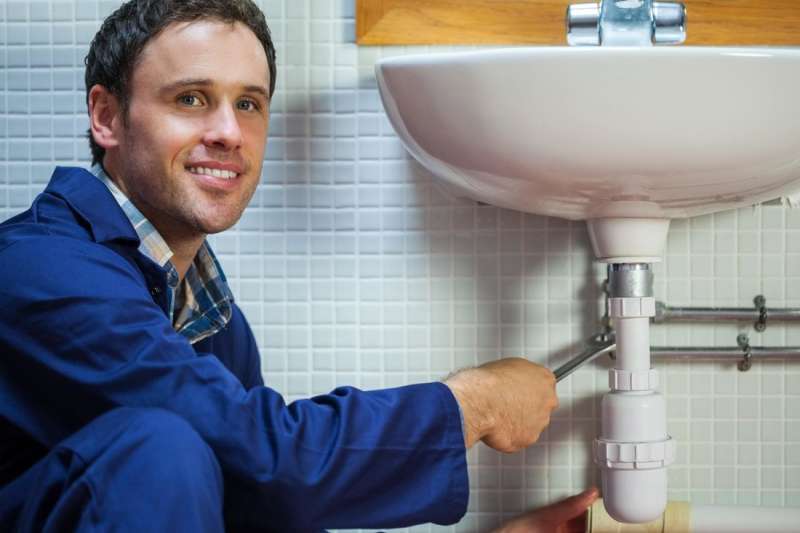
Flushing and examining water heaters to prolong life expectancy.
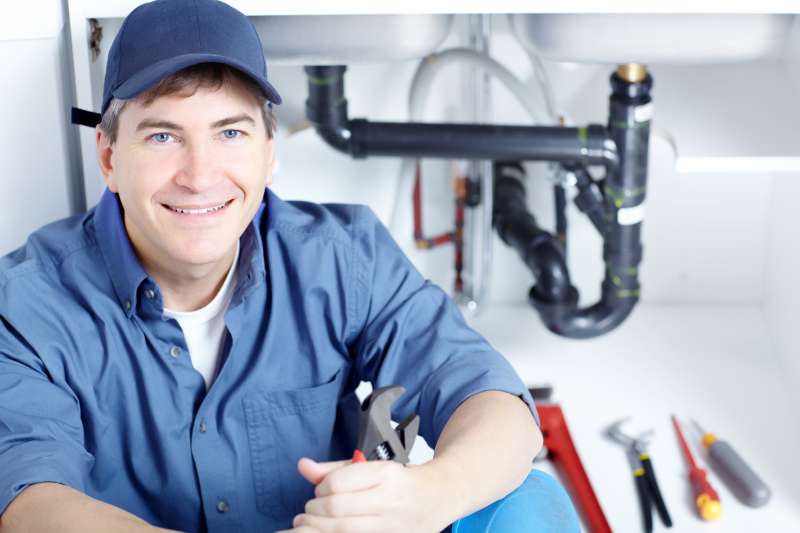
Attending to concerns with temperature level, leaks, or failure to heat water.
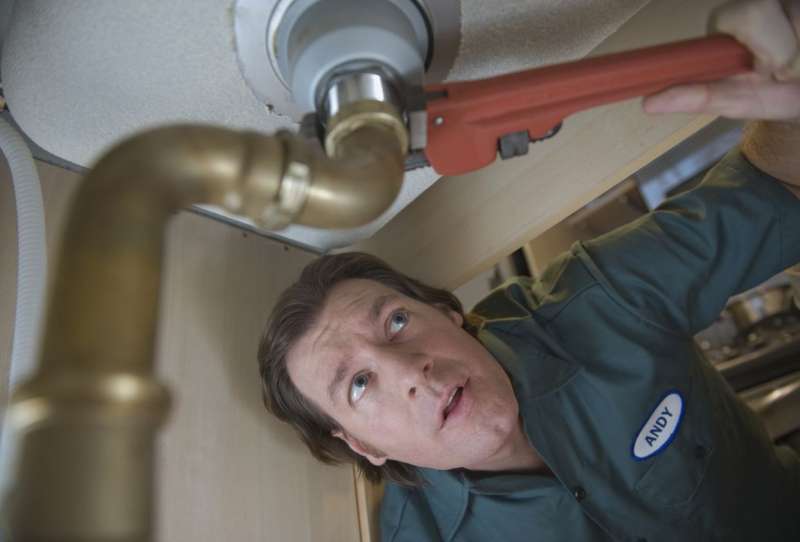
Protecting basements or other locations from water intrusion.
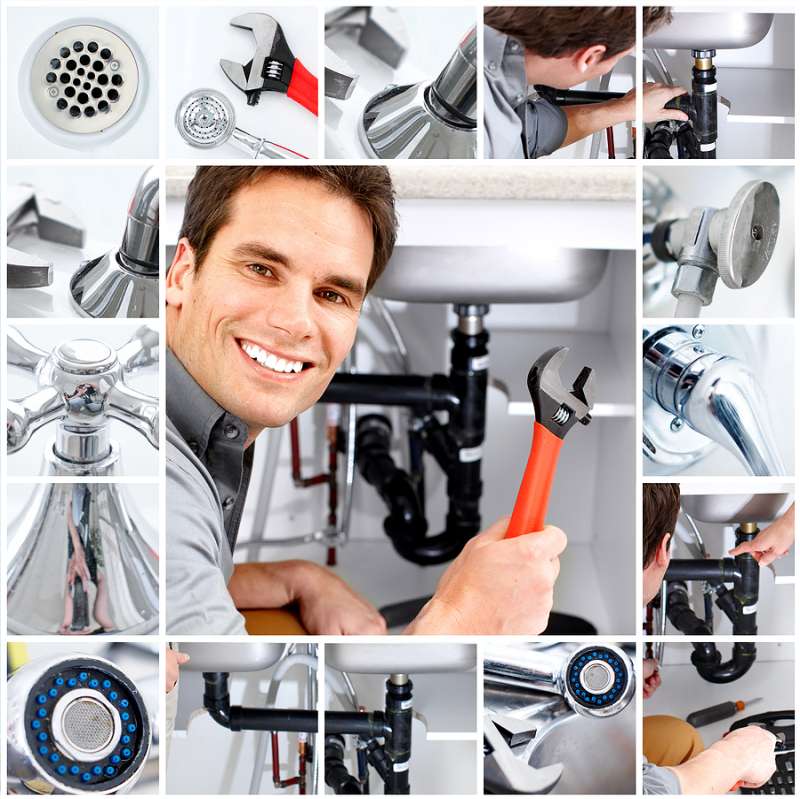
Immediate attention to prevent contamination and health dangers.